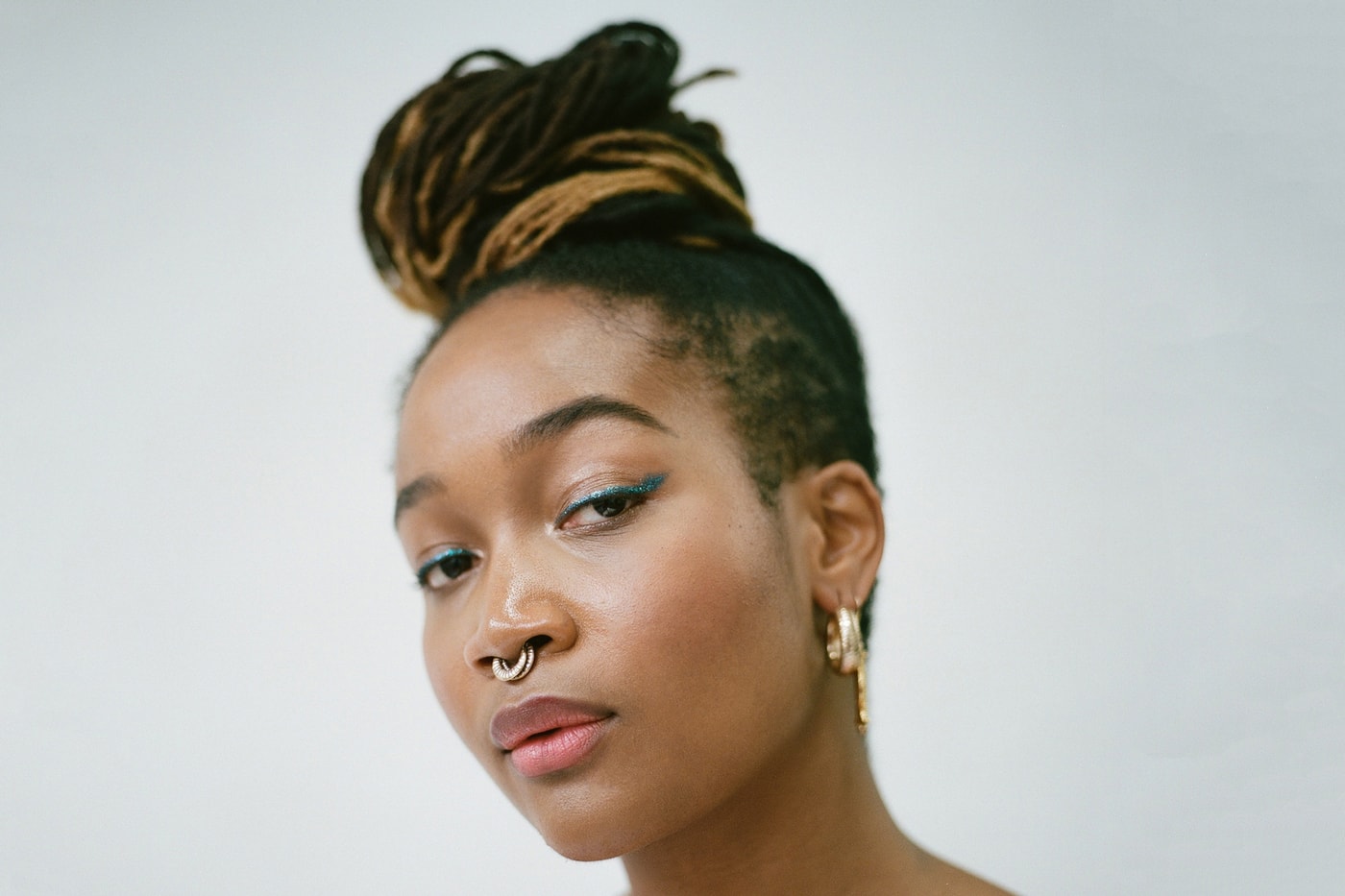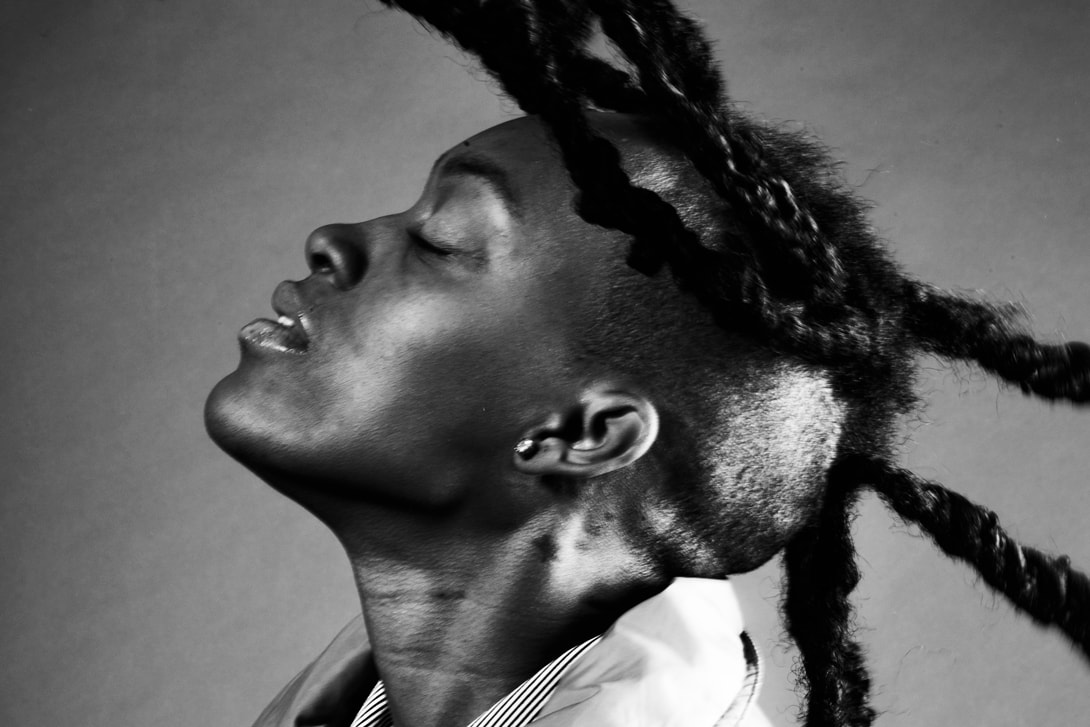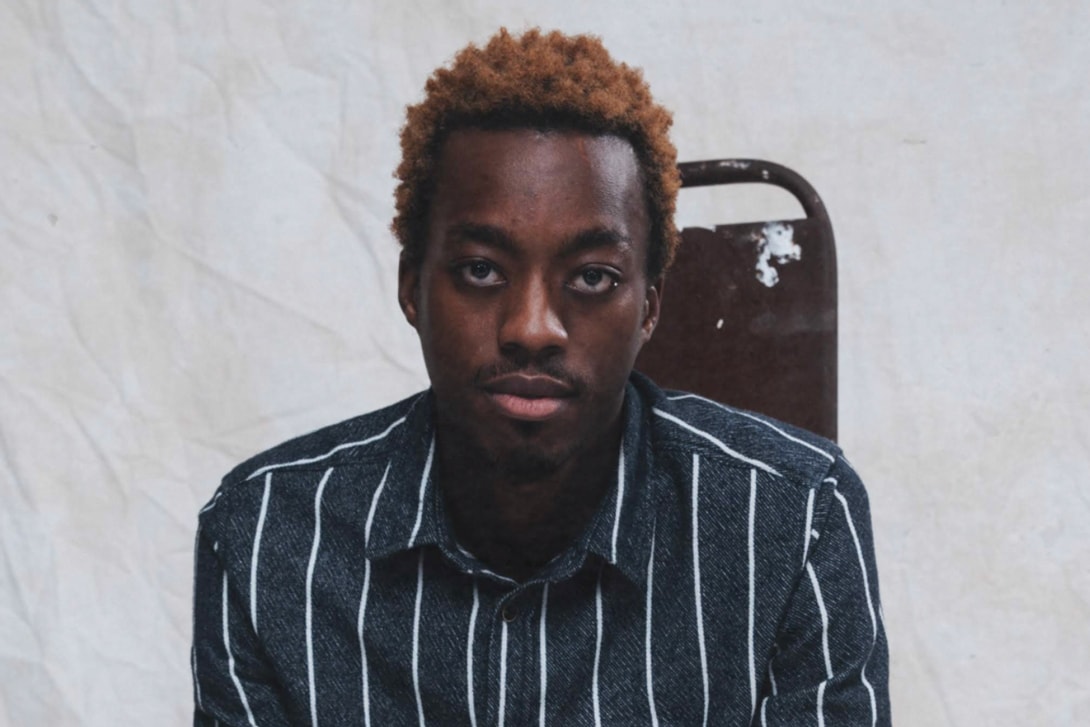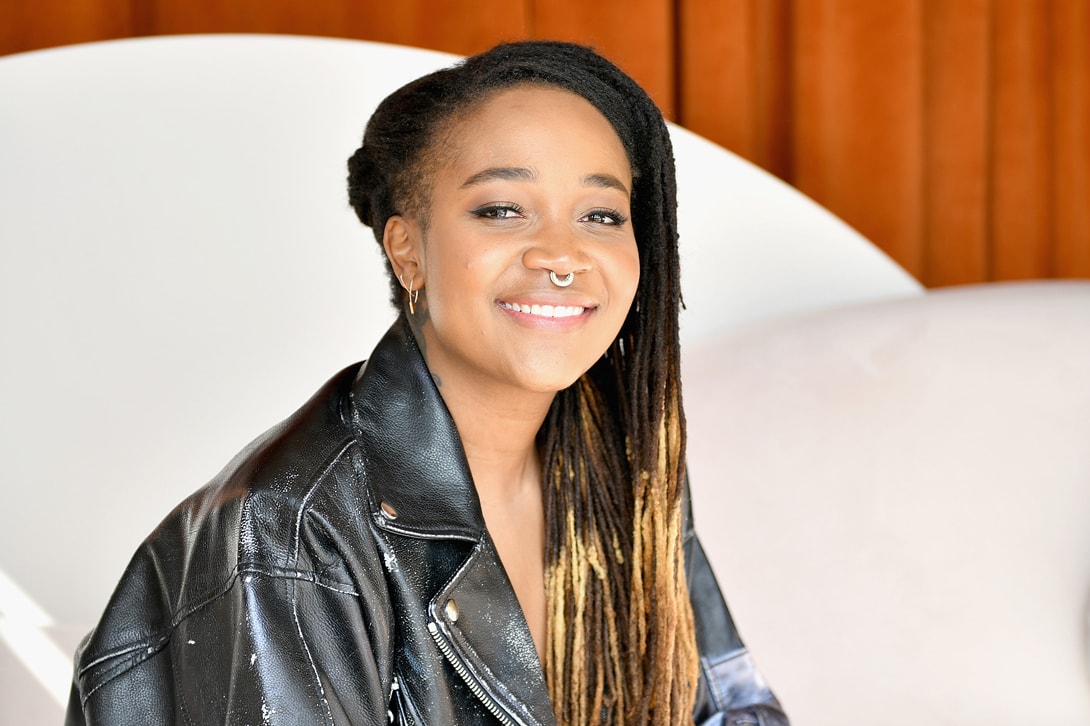
The creative industry is notoriously known for being difficult to break into. For the queer black community, it may feel as though it’s an unspoken truth that glass ceilings are omnipresent. Feelings of invalidation, tokenism and the weight that comes with being a black creative are also not uncommon. In celebration of Pride Month, we’ve chosen to shed light on individuals spanning across photography, art, music, fashion and other industries. By sharing insight on their journeys, hopefully it’ll allow others to better understand these creatives’ experiences, including their struggles and successes.
A few of the multi-talented, innovative voices we’ll be hearing from this month include public speaker Kimberly Drew, RCA Records Urban Digital Marketing Manger Toniesha Payne and photographer Justin French. Be prepared to continue hearing from stars within the creative industry as the month continues.
Toniesha Payne, Urban Music Marketing (Sony/RCA Records)

Annie Noelker
“The best way to describe my journey being a black queer creative is layered. For a long time, I feel like I had been searching for who I was as a black queer woman, I had been trying to figure out where I fit, if I should be more masculine or more feminine, if I wasn’t butch enough or gentle enough. I questioned myself a lot, but I think I finally got to a place just a person where I am finally comfortable just being Toniesha. I am comfortable in who I am as a woman, a sister, an aunt, a daughter, a lover, and a lesbian woman. I am happy here – I am complete here. I am at peace. I think that once I took time to be still and find out who I was as a person it made it easier for me to navigate this industry. The music industry is a beast and [it's] filled with double standards. To be in this and to succeed you have to have tough skin, you have to know yourself. There’s no place in America where it’s easy to exist as a black woman. Being a black woman that is openly gay in the music industry has not been a cakewalk at all.”
Justin French, Photographer

Justin French
“My path has been very natural, my training is by no means classical. It required me to patiently and discreetly self educate with photographic processes, lighting, staging and editing. Through relationships, I was able to learn additional nuances from sculptors, architects, and painters. Interestingly enough I didn’t really decide to be a photographer by profession, it really began as an outlet for me to alleviate frustrations from a previous professional career. There were really supportive individuals that believed in the aesthetic I aspired to hone. As such, very unique opportunities became available to me and I was very challenged and inspired to meet them head-on. There is a significant learning curve that I am learning to navigate. My most defining moment, in all honesty, would be the summation of the past three years and my transition from feeling as though my visual contributions were not worthy of being included in the global art space. I feel very grateful to have the opportunities to create work that moves and evokes feeling into those that view.”
Kimberly Drew, Public Speaker

Bryan Bedder/Stringer
“As a black, queer woman, I’m not afforded the luxury of mediocrity. I know that whenever I write, speak, or show up on set that I’m representing so many others. I show up to pay tribute to my ancestors and, of course, for the next generation of creatives that are ready to take the industry by storm. One of the most defining moments in my career was leaving my full-time job at The Met. I had anxiety about leaving an institution – especially one as revered as The Met, but I needed to take a chance on myself. I’m at a stage in my career now where I get to make my own rules and for that, I’m extremely grateful.”

No comments:
Post a Comment